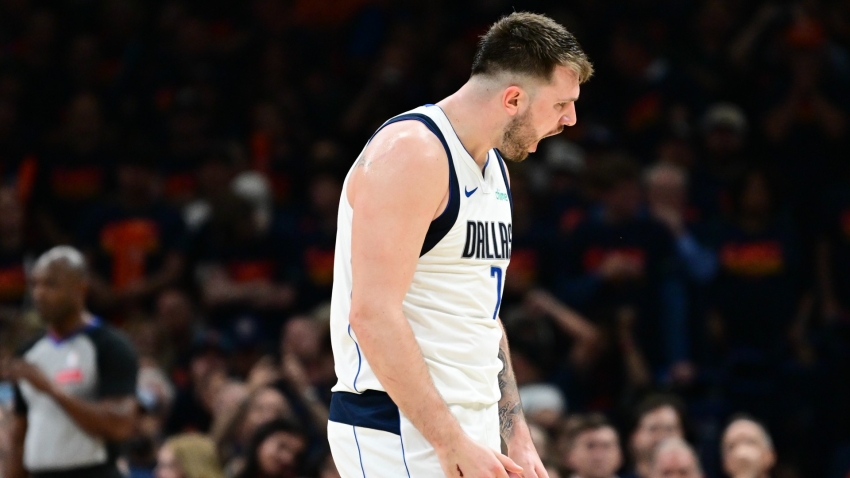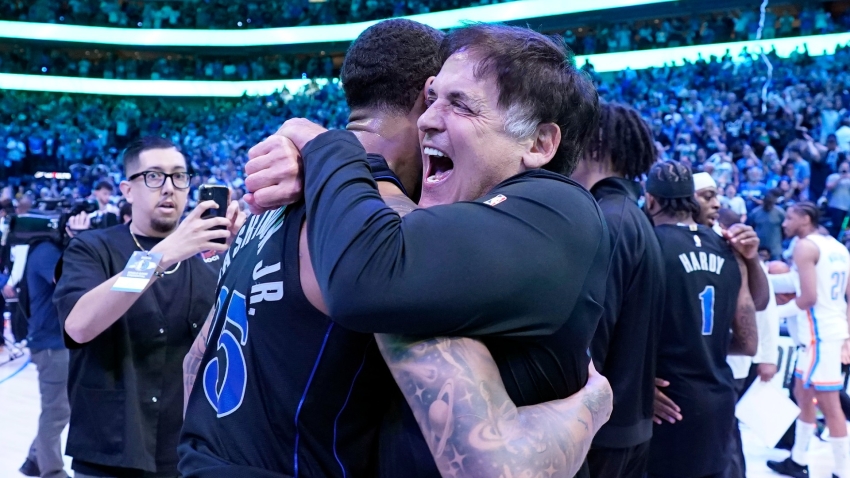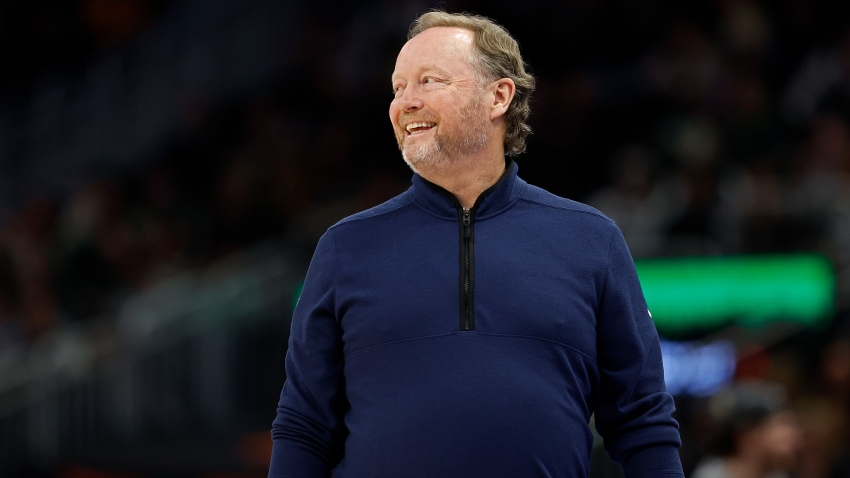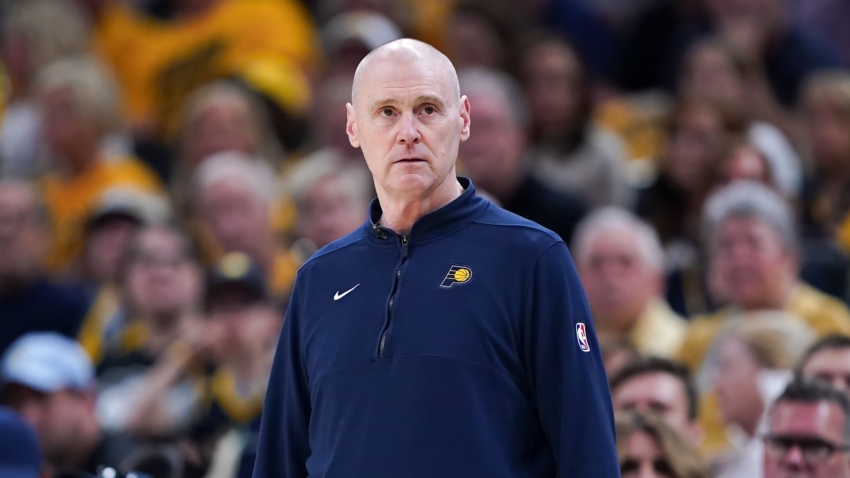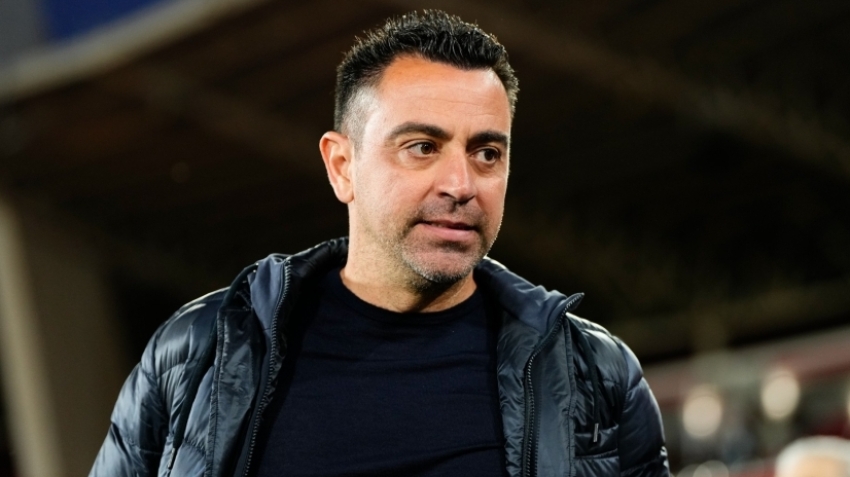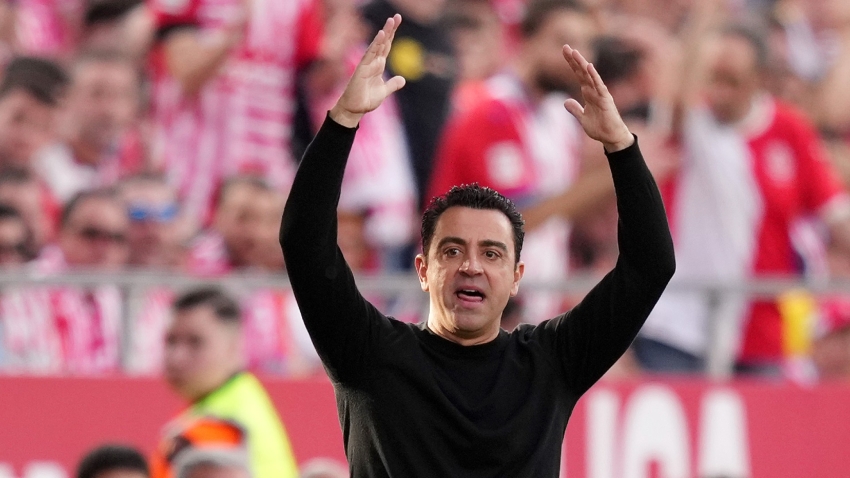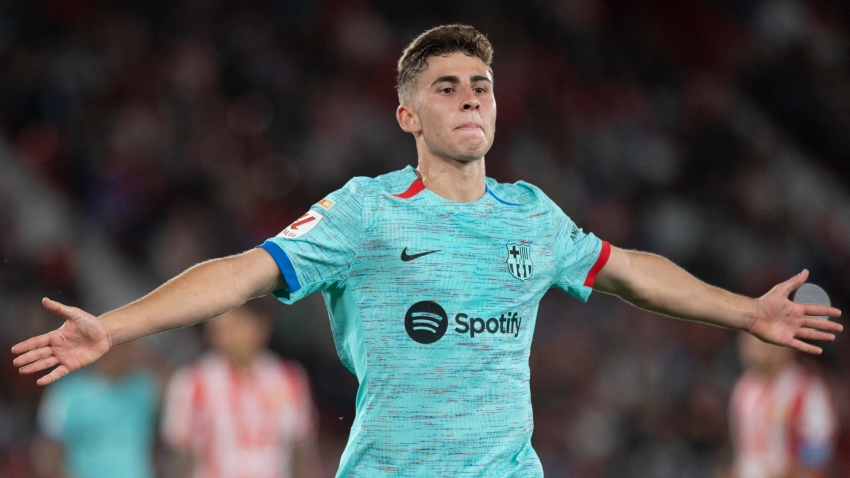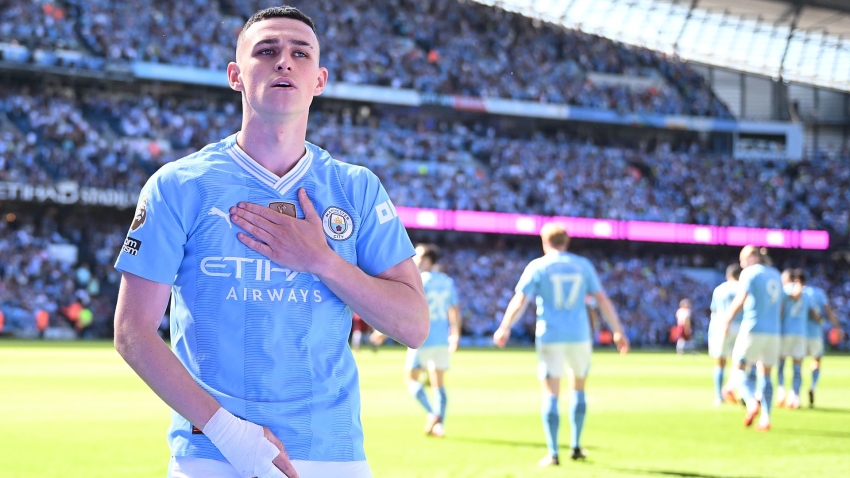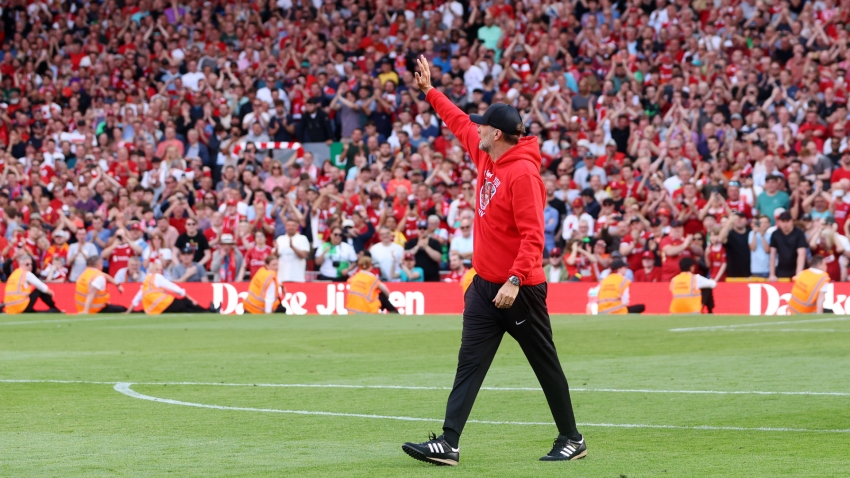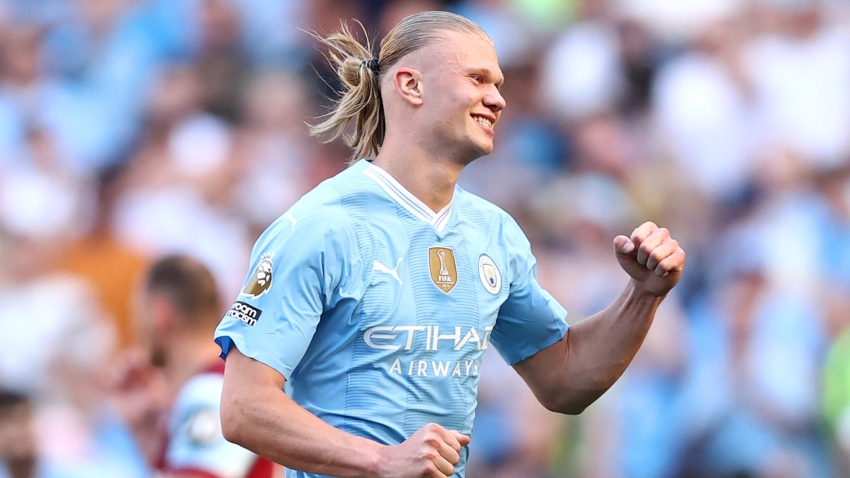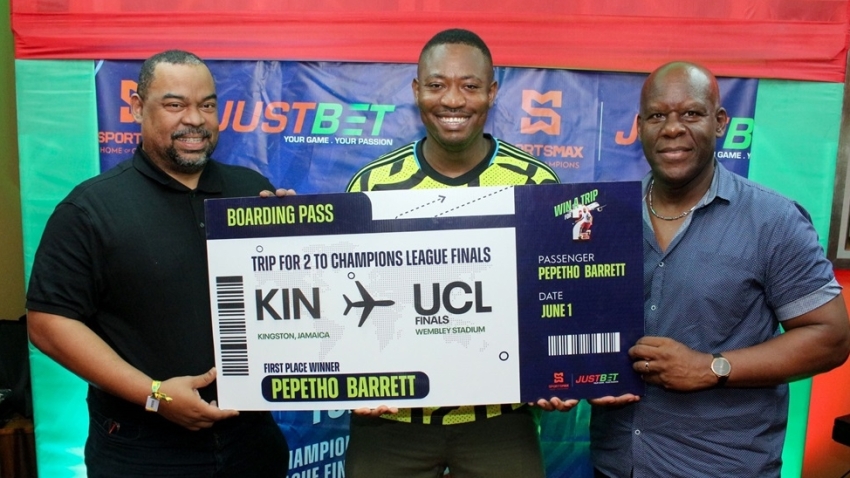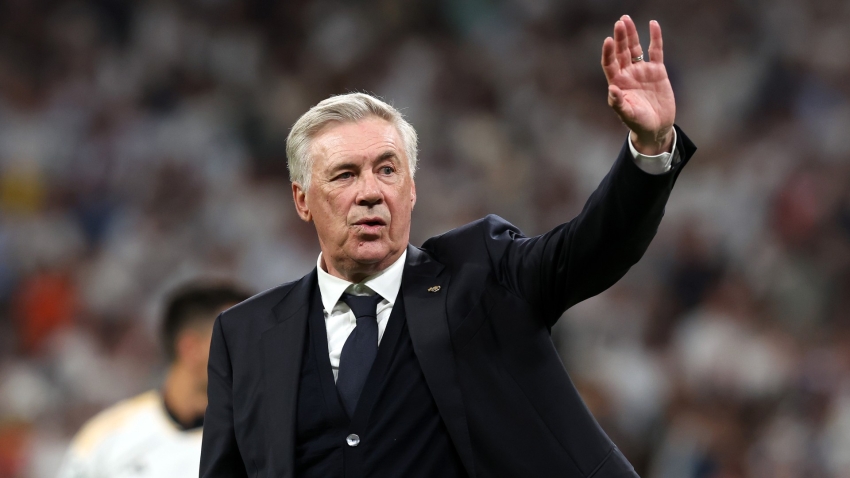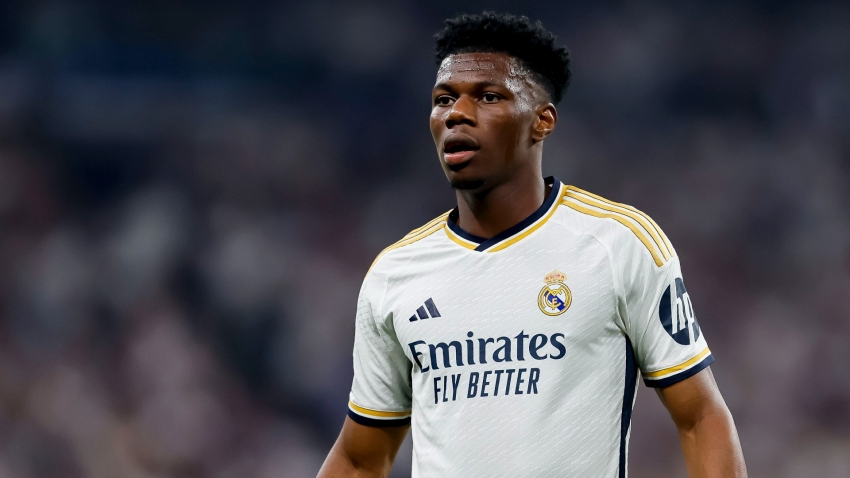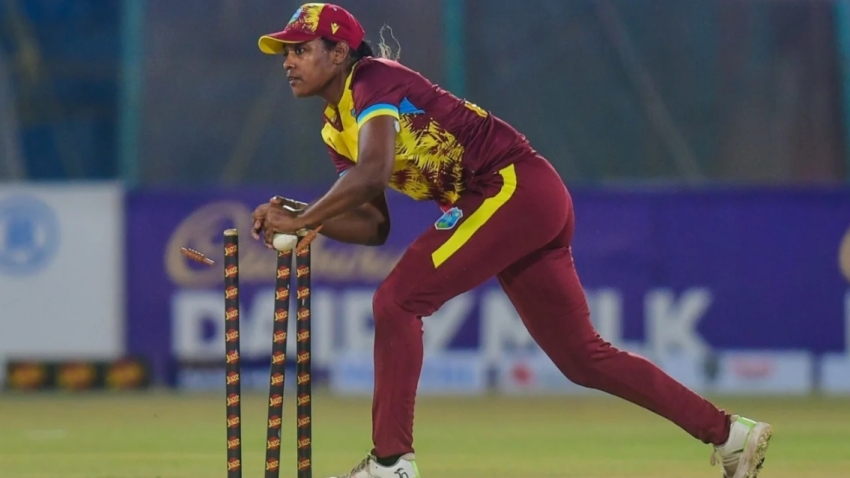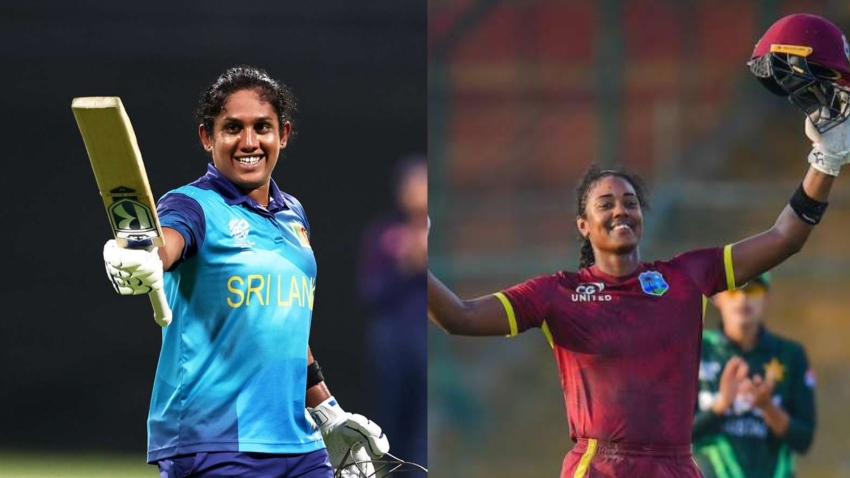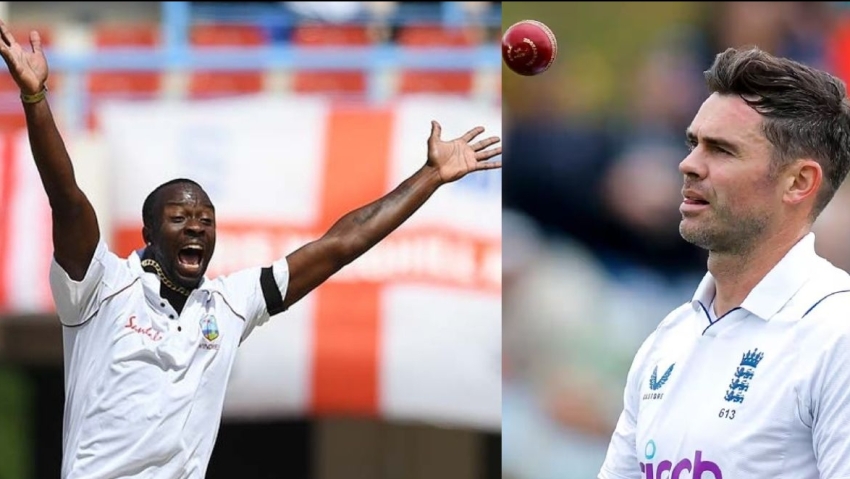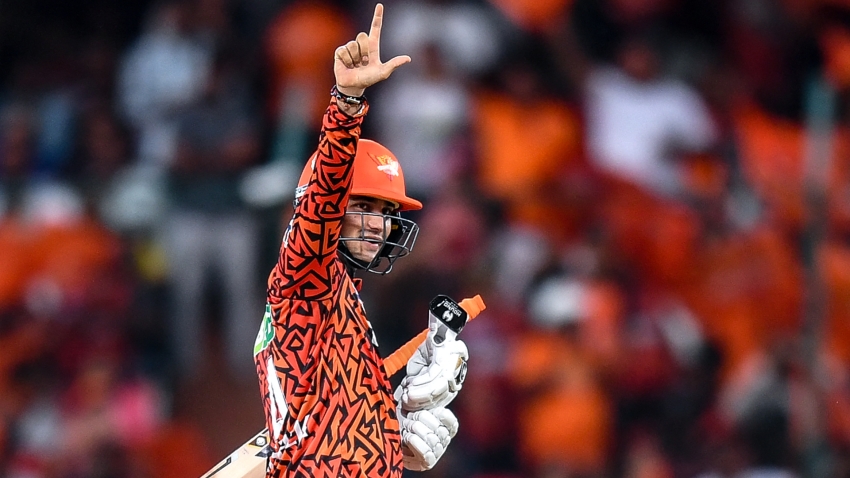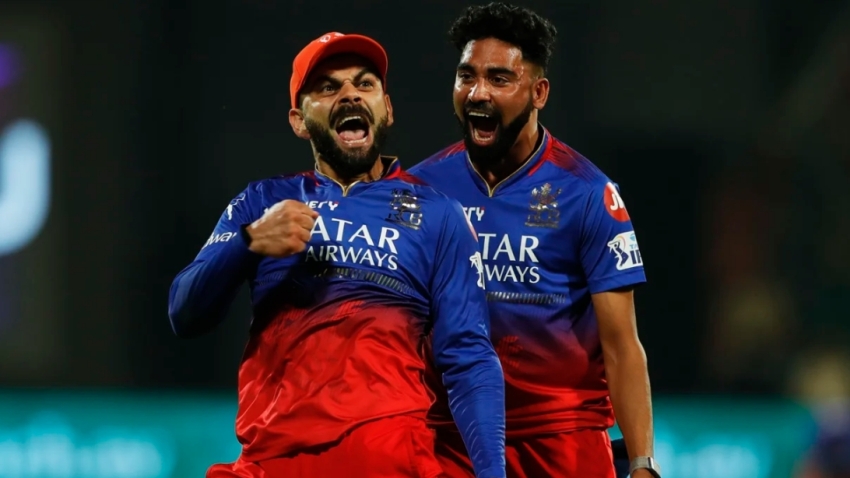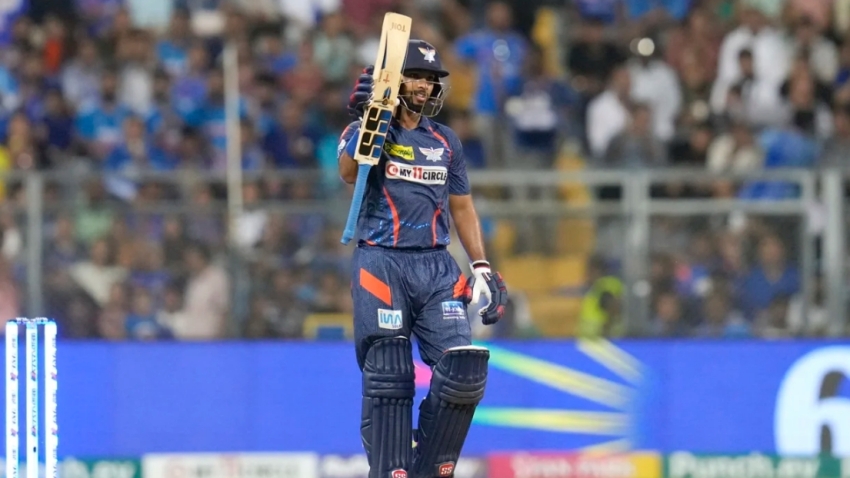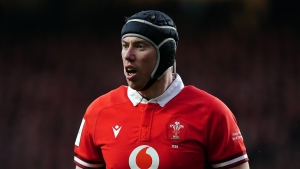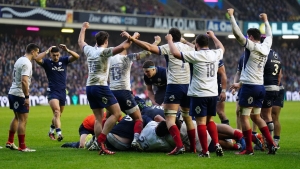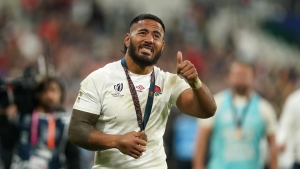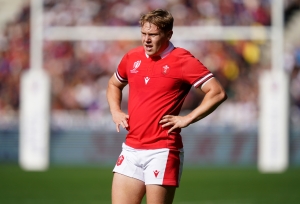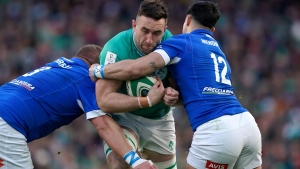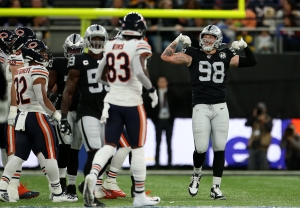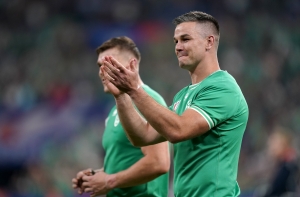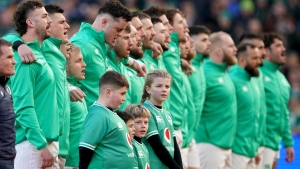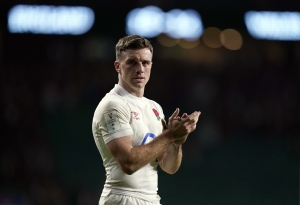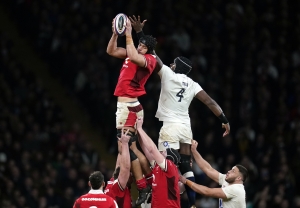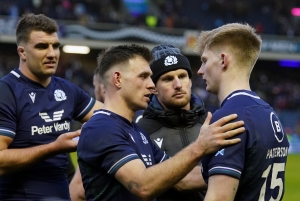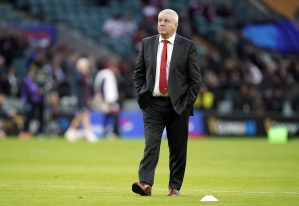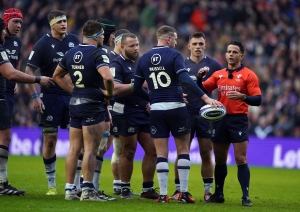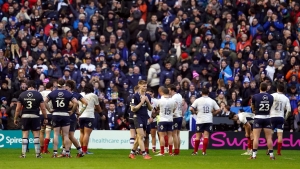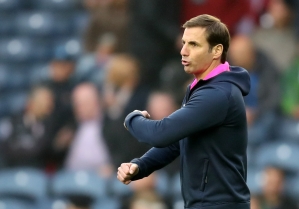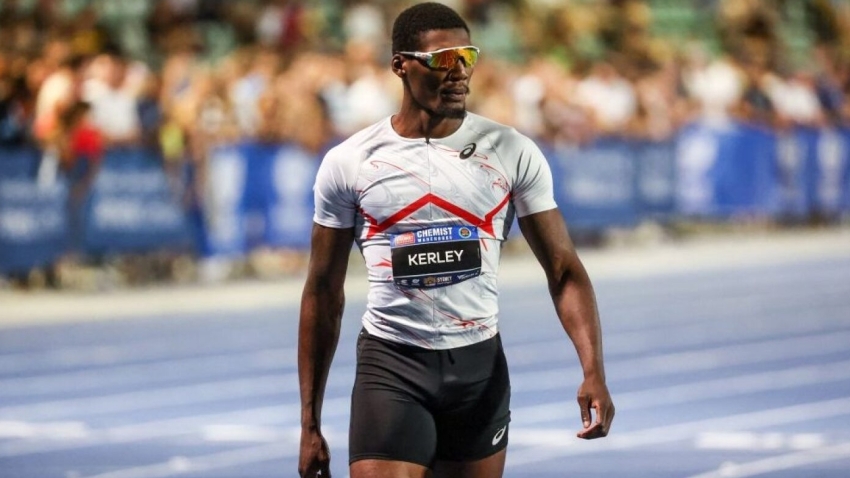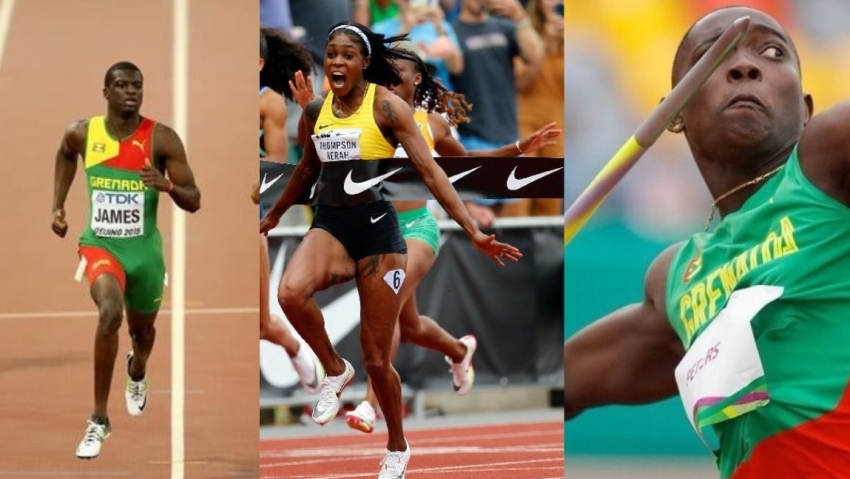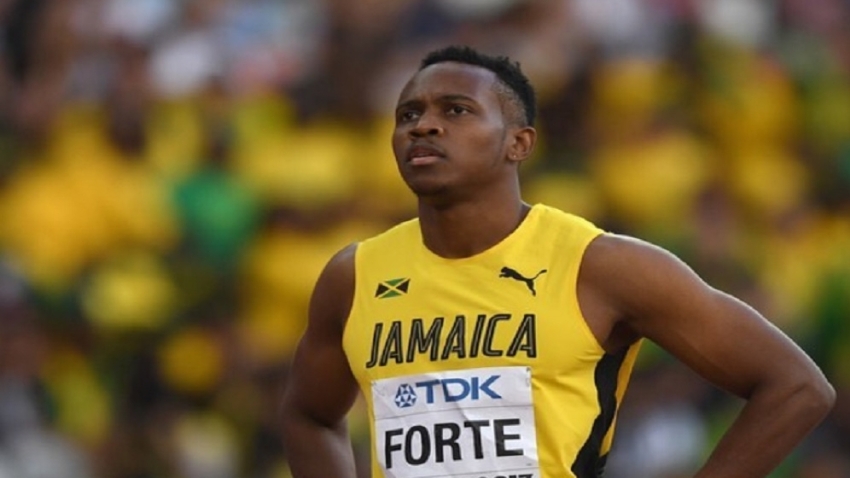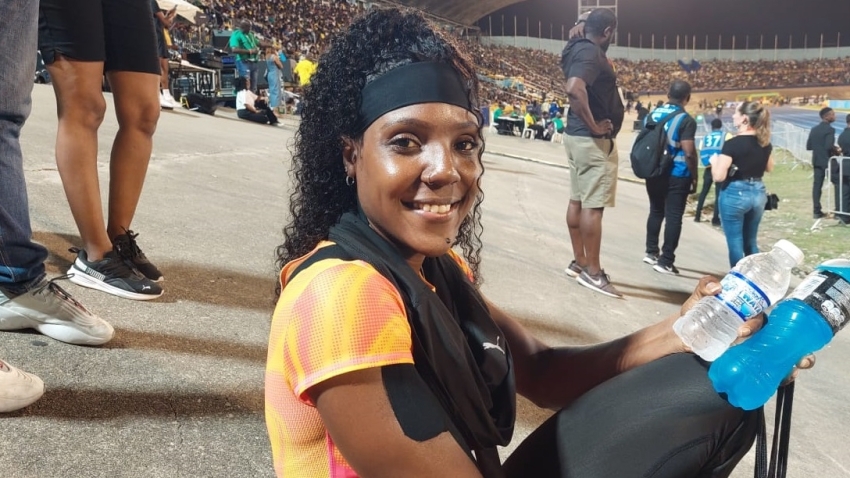Gregor Townsend felt Scotland were robbed of victory over France as he expressed bewilderment that the officials failed to award them a try in the last action of a dramatic Murrayfield showdown.
Les Bleus claimed a 20-16 win in Edinburgh to get their Guinness Six Nations campaign up and running – but only after referee Nic Berry and TMO Brian MacNeice spent several minutes deliberating over whether home substitute Sam Skinner had grounded the ball on the try-line before deciding that it had been held up by the boot of French replacement Yoram Moefana.
Scotland’s supporters, players and staff – having seen pictures of the incident on the big screen – were convinced they were about to be awarded a match-winning try, and the officials were loudly booed by the home crowd when they stuck with the original call not to give the score.
“We were celebrating in the coaches’ box having seen the pictures of the ball being placed down on the tryline after having been on the player’s boot,” said head coach Townsend, visibly angered.
“That was also after hearing the communication to the referee from the TMO to say that the ball started on the foot and then went on the ground.
“The ref then says, ‘I can also see that (ball) on the ground’ then their last interaction was ‘hang on, let’s look at that other angle….yeah, it’s inconclusive now, stick with your on-field decision’.
“It was TMO-driven. If the referee is seeing the pictures we were all seeing in the stadium, maybe it’s on his shoulders as well to say, ‘that’s the ball down, that’s a try’. But the TMO was the one who changed his mind and said, ‘stick with your on-field decision.’
“I don’t understand the rationale. When you see the pictures, and when you also see the conversation, they have already said between them that the ball has been placed on the tryline.”
The Scots led for most of the match after taking a seventh-minute lead through Ben White.
France, who also scored a first-half try through Gael Fickou, managed to survive 10 minutes with 14 men after Uini Atonio was sin-binned just before the break and eventually got themselves ahead for the first time in the 70th minute through Louis Bielle-Biarrey’s try.
“I’m absolutely gutted for the players,” said Townsend. “The way the game was going in the second half, I didn’t think there would be any points scored at one stage – we were in control.
“But we did make an error that led to a scrum that led to a try. At the time, I thought it was going to be really difficult to score the required five points.
“It was then a fantastic effort to win the ball back, for Kyle Rowe to make his break and for Finn (Russell) to win the ball back and set us up on the tryline.
“The emotions straight after that when I saw the pictures were, ‘what a fantastic win, what a team to come back.
“To play so well, go behind and come back, what a great victory for our supporters, then it’s taken away from you.
“It’s sport, we know that, and we have to be better. That’s why you play and coach – to win but also to get better. We have to make sure we take winning and losing out of the hands of referees and TMOs.”
Asked if he felt the officials had done their jobs properly, Townsend said: “I’ll leave that to you guys to decide.
“All I can say is that we were celebrating a win, our players and a lot of our supporters were by the pictures we saw. We could hear the conversations.
“Gavin Hastings (former Scotland international) was in front of us, and the media were turning round a few times as well to ask, and I’m saying, ‘yeah, it’s a try’.
“I’ll leave it to you guys to make any comment more than that, but we believe it was a try.”


